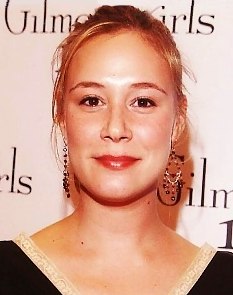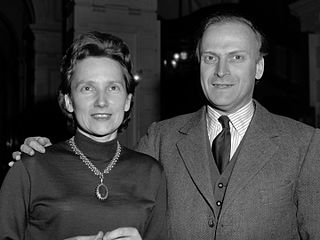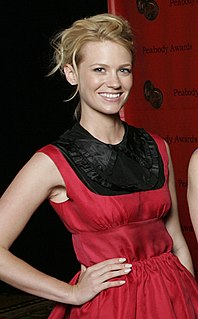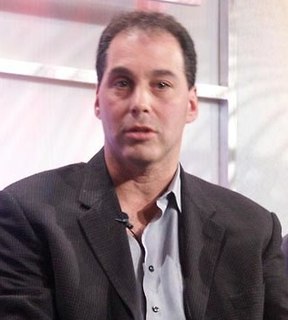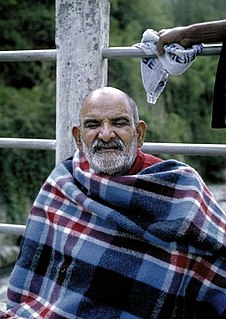A Quote by Arthur Rubinstein
I was born very, very lazy and I don't always practice very long. but I must say, in my defense, that it is not so good, in a musical way, to overpractice. When you do, the music seems to come out of your pocket. If you play with a feeling of 'Oh, I know this,' you play without that little drop of fresh blood that is necessary – and the audience feels it.
Related Quotes
I think, when people so strongly associate an actor with a character they play - but the main feeling is I feel very happy that I've been able to play somebody that people connect so strongly to. That's overall a very good feeling. There's the sweet and the sour, I guess. It does sting a little bit. Your insecurity as an actor maybe seeps in, but ultimately I think it's a very lovely thing. It doesn't happen that often. It's mostly good, I'm fine with it.
I never like to play for myself, and that is why I don't own a grand piano. To play for yourself is like looking at yourself in a mirror. I like to practice; that is to work at a task. But to play there must be an audience. New things happen when you play for an audience. You don't know what will occur. You make discoveries with the music, and it is always the first time. It is an exchange, a communion.
It's hard to say. Whenever you play with a group of people for a long time it influences the way that you play with others. They were all very defining in their own way and all affected the band in one way or another. I don't think they are so obvious in the music. The fact is that The Lawrence Arms is the culmination of a long search of trying to find people who play well as a unit.
If everything always went perfectly, I would feel like, When is the ball going to drop? Because good things don't always last. Maybe I'm a pessimistic person. When something just seems too good, I can't believe it. I come from a background where I was never told that I couldn't do something, so I'm very stubborn. I don't know if I believe in fate or destiny, but it kind of feels that way sometimes.
The music industry went through such a strange stretch in 1977, especially in this country, with the whole punk rock thing coming about. Punk was rebellious-and justified in that response-but it had very little to do with music, and so it created a highly-charged but frighteningly floundering atmosphere that I found very, very disheartening. Musical quality for me has always been an important part of rock'n'roll-and winning recognition for that has long been an uphill battle all the way. Punk seemed like rock'n'roll utterly without the music.
So the most difficult thing is always to keep your beginner's mind. There is no need to have a deep understanding of Zen. Even though you read much Zen literature, you must read each sentence with a fresh mind. You should not say, "I know what Zen is," or "I have attained enlightenment." This is also the real secret of the arts: always be a beginner. Be very very careful about this point. If you start to practice zazen, you will begin to appreciate your beginner's mind. It is the secret of Zen practice.
Oh no, I never do much ironing, except the outside clothes. We must not iron out the fresh air and sunshine, you know. It is much more healthful not to, the doctors say.” Seriously, there is something very refreshing about sheets and pillow slips just fresh from the line, after being washed and dried in the sun and air. Just try them that way and see if your sleep is not sweeter.
I think some of this just feels right. You're in the shower and you come up with a sentence and it's beautiful. You don't know how it's going to fit in the film, but you put it in because it feels right. This is a very long way of saying, so much of it is me feeling like I'm catching ideas rather than coming up with ideas. It's very fluid like that.

